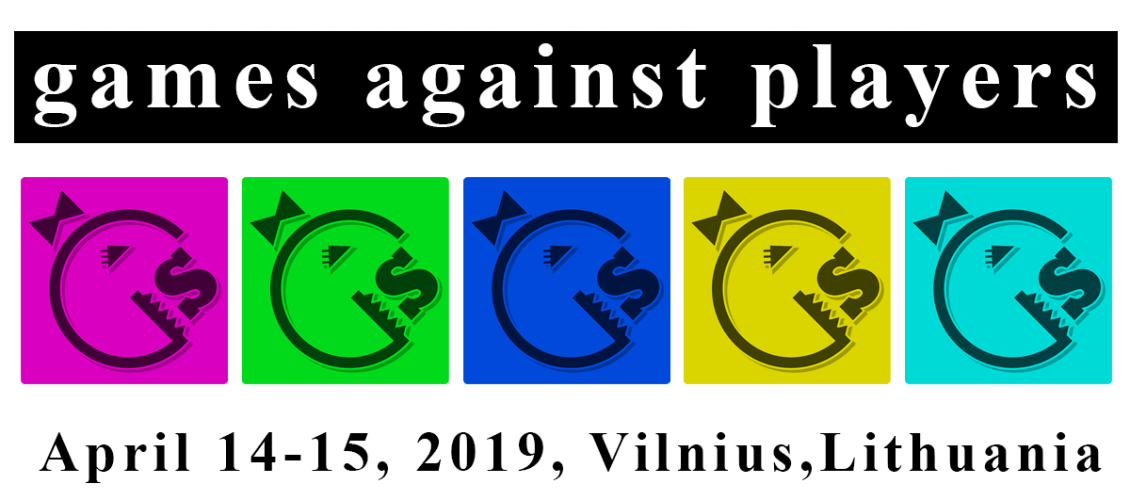The conference invites game researchers, critics and designers to discuss how games interact with players, and how this experience enriches players and changes the games themselves; we will talk about different forms of oppression within game cultures and/or new productive imperatives of labour, creativity and life born in game media.
Following topics and cases are offered for discussion:
- Games that play us: learning, dialogue, competition.
- The game is broken: glitch in media studies.
- Conversion of glitch: from destruction to creation.
- Difficulty level: (im-)possible (tortureware, exploitationware, masocore games).
- Games against players? Hardcore as a path to the Real.
- Gamer theory: between utopia and dystopia of a perfect game.
- Masocore: violence or ‘lulz’?
- The good, the bad and the ugly: provocative aesthetics of indie games.
- Non-human horror: the violent Other or escape from the ordinary?
- Exploitative game design and its moral implications, and other related topics.
We are particularly interested in cases when the game takes the initiative from players and makes them do, see or feel things they would not consent to in a different context. Violence, in this case, is understood as uncontrollable disruption of player’s experience. The simplest example, as mundane as it could be, is Flappy Bird, which wobbly controls reportedly made its players smash their phones. That Dragon, Cancer is a more elaborate example of gameplay violence: game’s deceptive affordances frustrate the player in dramatic situations when manipulations with available objects do not produce desirable results. On the storyline level, disturbing and baffling Doki Doki Literature Club is a violently subversive example. Finally, visual violence comes in many forms in video games, from hyperrealistic gore in horror games to intricate art of glitch. In the latter case, the game as an automated medium goes rogue and accidentally creates situations which the player fails to control. However, chaos created by the glitch cannot be seen exclusively as destructive; glitch in games fuels new art projects and forms new game practices, providing an opportunity for players to sharpen their skills.
The question is: why does the game go on, even if it breaks, if it abuses the player, and if the player confronts it? The situation of tension, overstrain, superchallenge in games produces an epistemological rupture in the process of play. How does it influence development of games and evolvement of players? What analytical perspectives can we apply to such cases? Can we talk about violence and cruelty in games, are these concepts consistent with new gaming environment? Who is being violent, and why? Is it media technology at large, or should we look for violence in the player’s gaze? How can we compare the horror of video games to the horror of other media (let alone horrors of the real world or human existence in general)? It can be stated that any game is an ambiguous experience that implies not only rewarding players but also punishing them for violating the rules (and sometimes even when conforming to the rules). We will discuss these, and similar questions, after the talks and during panel discussions.
Submission is CLOSED now. Recommended talk length is 15 to 20 minutes, followed by a 5 minute discussion.
The final decision about the program and submitted talk will be made before April 1, and the authors of all submissions will be notified about the result of reviewing process.
The organizers provide visa support and discount prices on accommodation to the accepted speakers who submitted before March 15 and need help with finding accommodation.
Articles based on presentations at the conference will be recommended for publication in the game studies issue of the university’s academic journals, Crossroads. Crossroads is included into EBSCO-CEEAS (Central & Eastern European Academic Source) and indexed in the MLA International Bibliography.
The program of the conference is available online.
If you have any questions, please address them to games.and.scholars@gmail.com.
